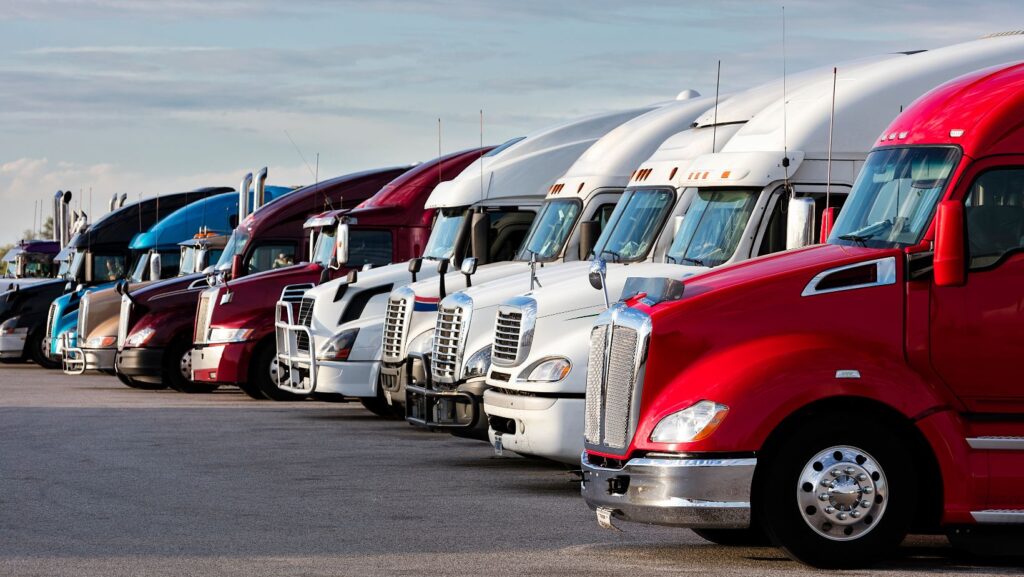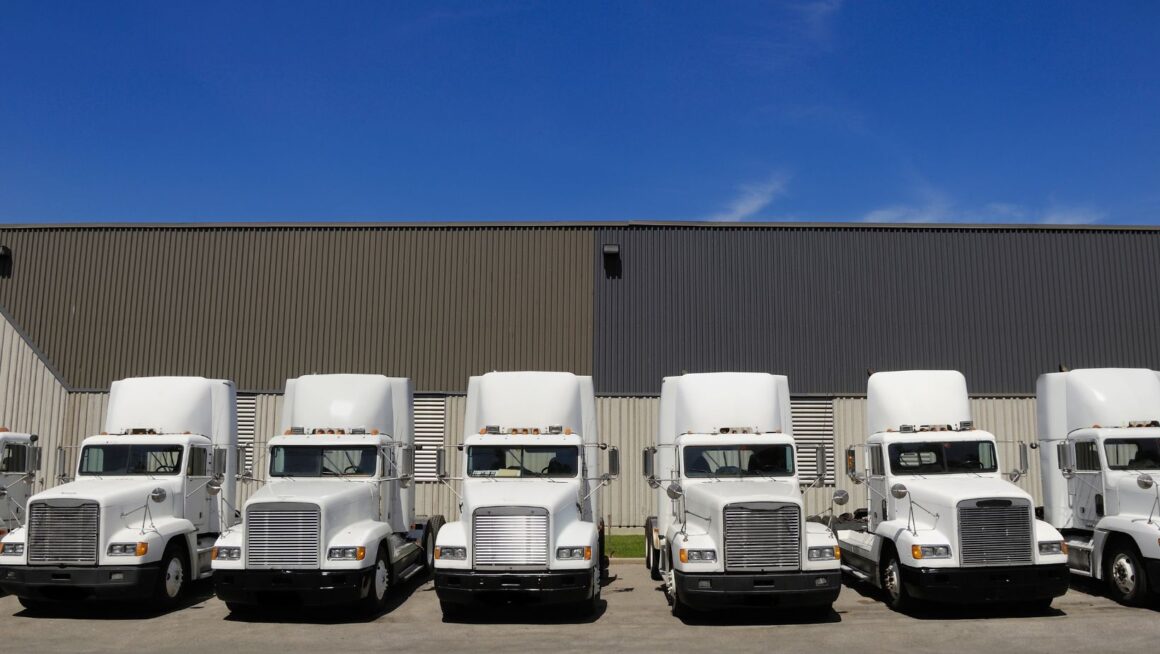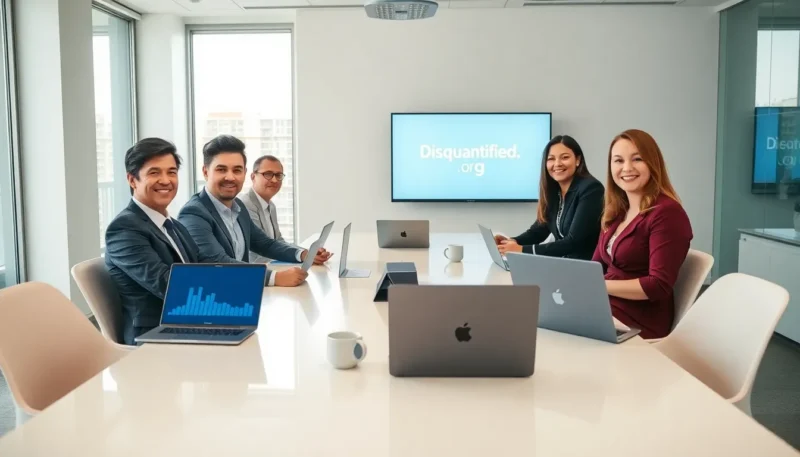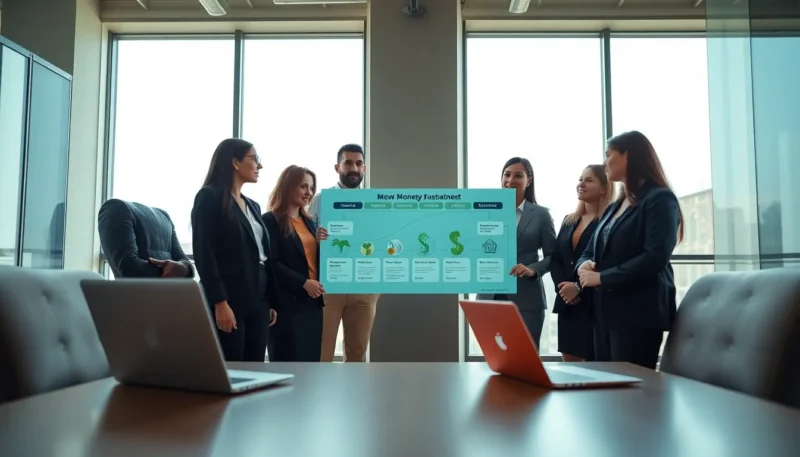
Even careful drivers can’t fix a bad company culture. A skilled driver can follow all safety rules, but if the company demands impossible delivery schedules, fatigue becomes inevitable. Proper maintenance matters for safety, but if the company defers repairs to maximize profits, equipment failures happen.
Hiring qualified drivers matters for safety, but if the company hires anyone with a valid CDL without proper vetting, dangerous drivers get behind the wheel. Understanding that company decisions create danger means recognizing that driver negligence isn’t always the driver’s fault. Sometimes it’s systemic negligence embedded in company policies and culture.
How hiring and scheduling policies drive accident risk reveals that management decisions ripple through operations and create crashes. Unrealistic delivery deadlines that push drivers to speed. Poor scheduling that leads to fatigue. Inadequate training that leaves drivers unprepared. These corporate choices create the environment where accidents become likely rather than unlikely. Individual drivers can’t overcome systemic negligence through skill alone.
Studying systemic trucking company negligence in Houston cases shows that management accountability is both possible and necessary — and that understanding these cases means recognizing how corporate decisions can create serious accident risks.
How Company Decisions Create Danger
Unrealistic delivery deadlines create pressure to speed and take risks. A company says a load must be delivered in twelve hours when fifteen hours is realistic. Drivers speed to meet deadlines. They skip rest breaks. They take risks they wouldn’t normally take. Those risks create accidents.
Fatigue from poor scheduling comes when companies assign back-to-back routes without adequate rest. Drivers work beyond safe limits. Their reaction times slow. Their judgment deteriorates. Fatigued drivers cause crashes. The company created the fatigue through scheduling decisions.
Maintenance neglect happens when companies defer repairs to save money. A truck with failing brakes is still on the road because the company hasn’t repaired it yet. A vehicle with worn tires continues operating. Equipment failure becomes accident cause when maintenance is deferred for profit.
Negligent Hiring and Training
Background-check failures happen when companies hire drivers without proper vetting. A driver with a history of speeding violations, accidents, or DUIs gets hired because proper screening wasn’t done. That driver crashes. The company’s hiring failure created the risk.
Inadequate CDL training means drivers aren’t properly qualified for their jobs. Someone with a license but without real training behind the wheel. New drivers without mentorship. That lack of training creates accidents.
Turnover pressure and shortcuts in hiring happen when companies need drivers badly and cut corners on vetting. The pressure to fill seats overrides safety. That pressure creates hiring mistakes that lead to crashes.
Regulatory Oversight
FMCSA rules violations include exceeding hours of service, failing to maintain vehicles, inadequate driver training, and improper hiring. These violations aren’t technicalities. They directly relate to crash prevention.

Recordkeeping and audit failures mean companies don’t track whether drivers are violating safety rules. They don’t document maintenance. They don’t keep training records. That lack of documentation both violates regulations and enables negligence.
Civil and criminal penalties follow regulatory violations. Companies get fined. Executives get charged criminally in serious cases. That accountability matters because it creates incentive for compliance.
Building a Negligence Case
Gathering internal emails, driver logs, and inspection data shows corporate knowledge and decision-making. Emails about meeting impossible deadlines. Logs showing drivers exceeding hours of service. Records showing deferred maintenance. This documentation proves negligence.
Expert testimony on corporate patterns shows that an individual crash resulted from company policies. A transportation safety expert can testify that the company’s scheduling practices are negligent. A mechanical expert can testify that maintenance was deferred beyond safe limits. Their testimony shows systemic negligence.
How victims prove negligence beyond the driver means shifting focus from individual driver error to corporate decisions. Yes, the driver made mistakes. But those mistakes resulted from company pressure, inadequate training, or equipment failure caused by the company.
Conclusion
Recapping corporate accountability means understanding that trucking companies aren’t just liable if their driver is careless. They’re liable when their own policies and practices create dangerous conditions.
Encouraging stronger compliance recognizes that safety compliance isn’t optional. It’s the law. Companies that follow the rules save lives. That compliance matters.
Understanding importance of exposing trucking company negligence Houston for safer roads means recognizing that holding companies accountable for systemic failures makes the trucking industry safer overall.







